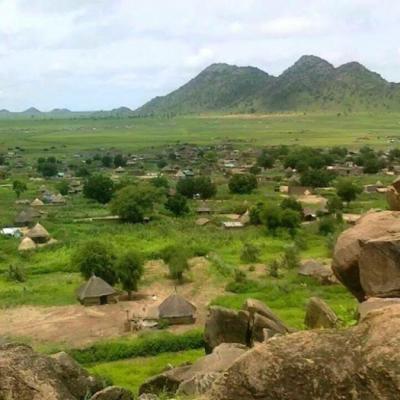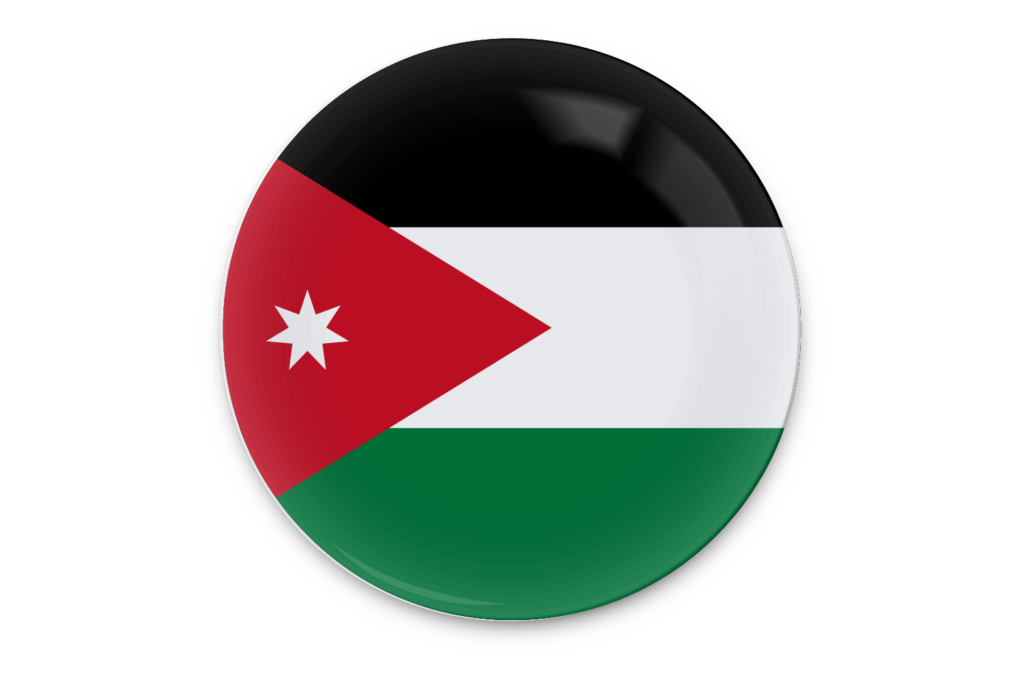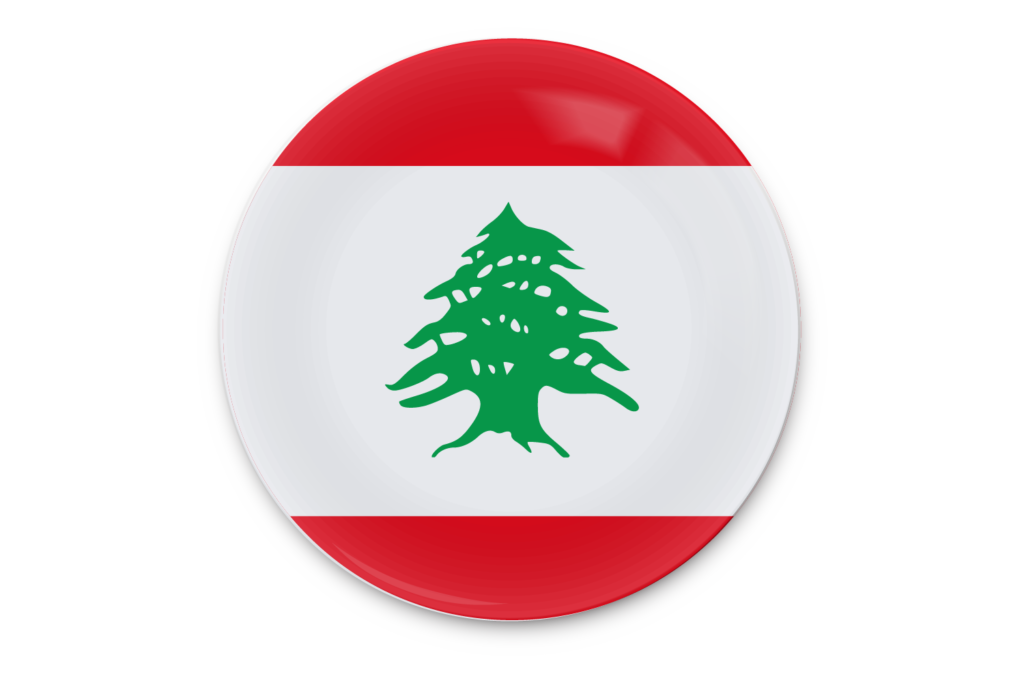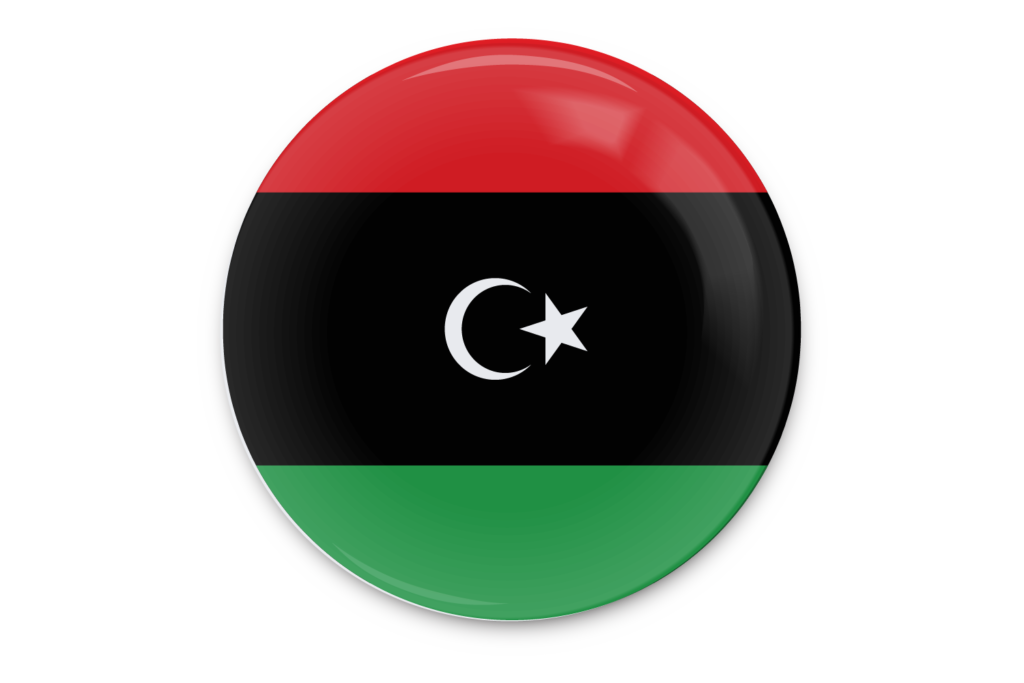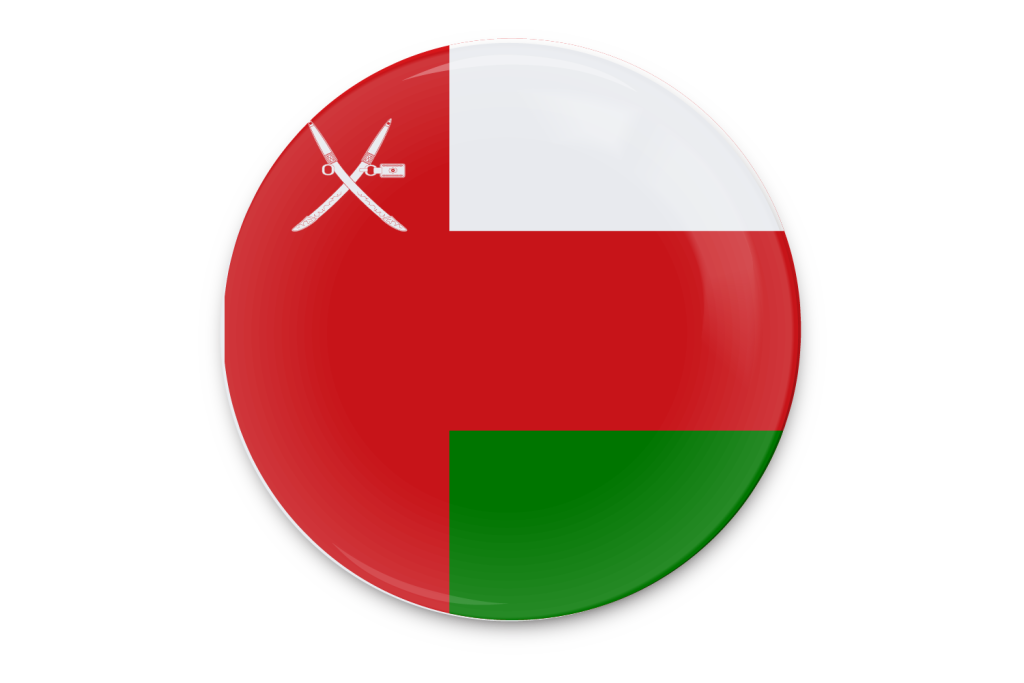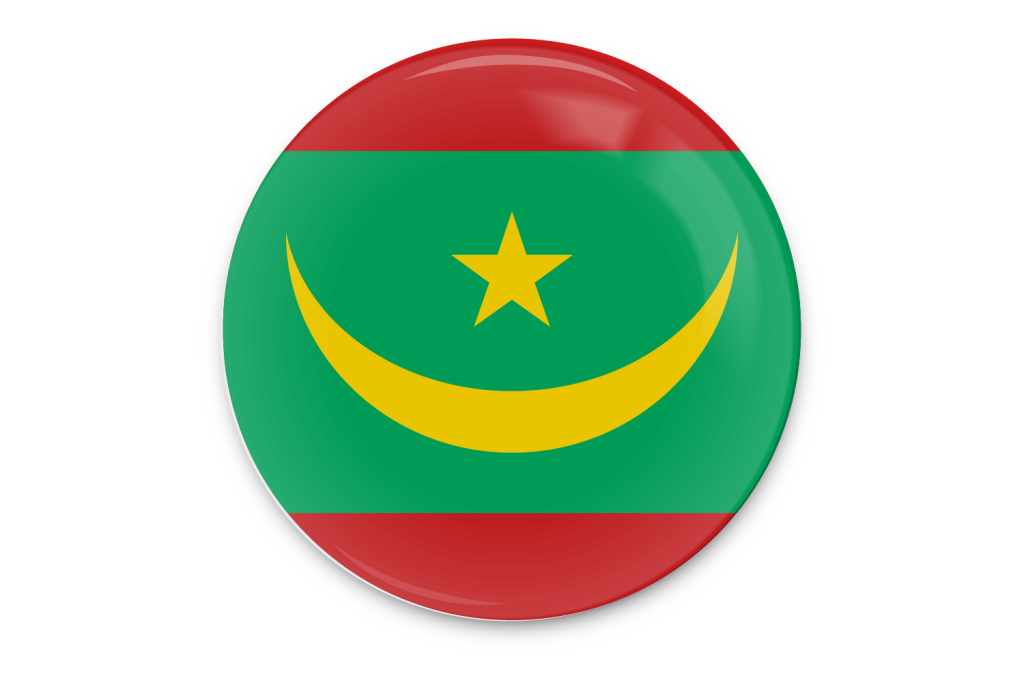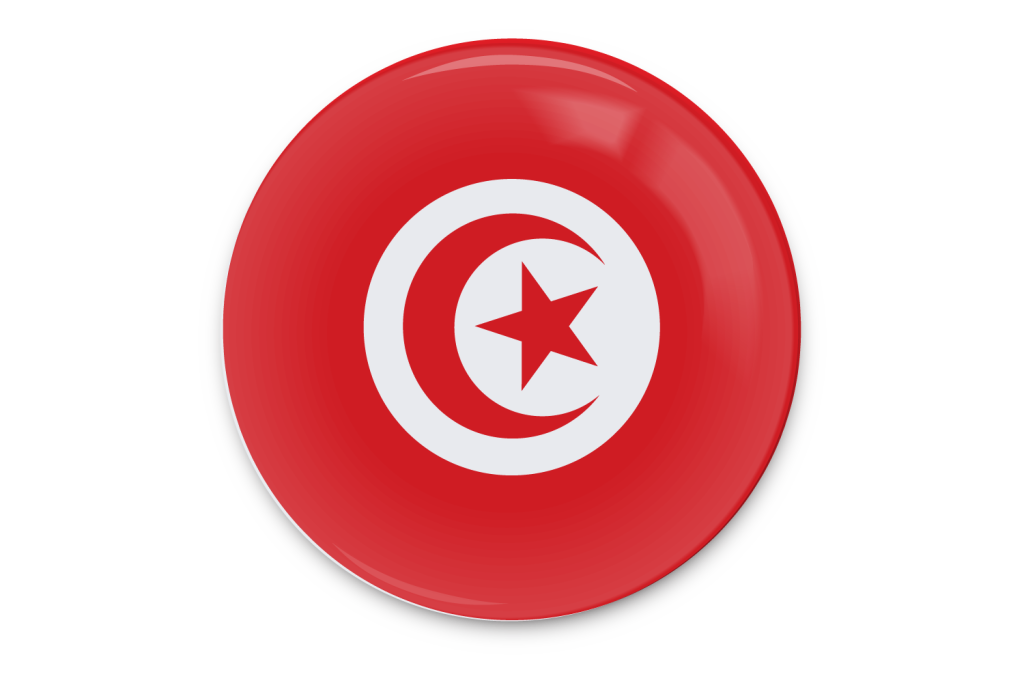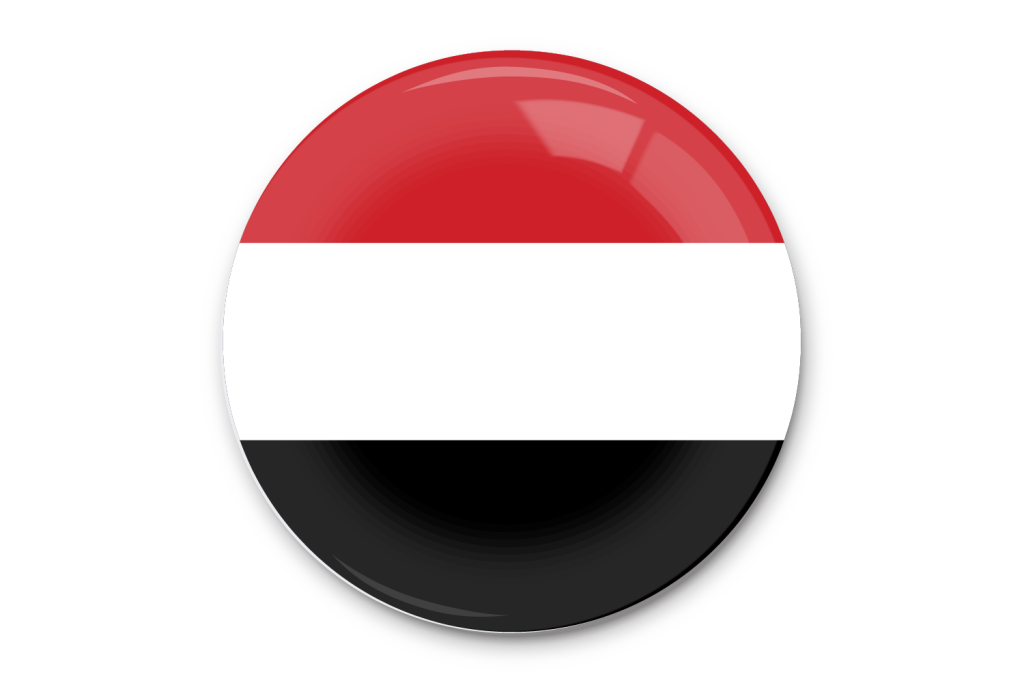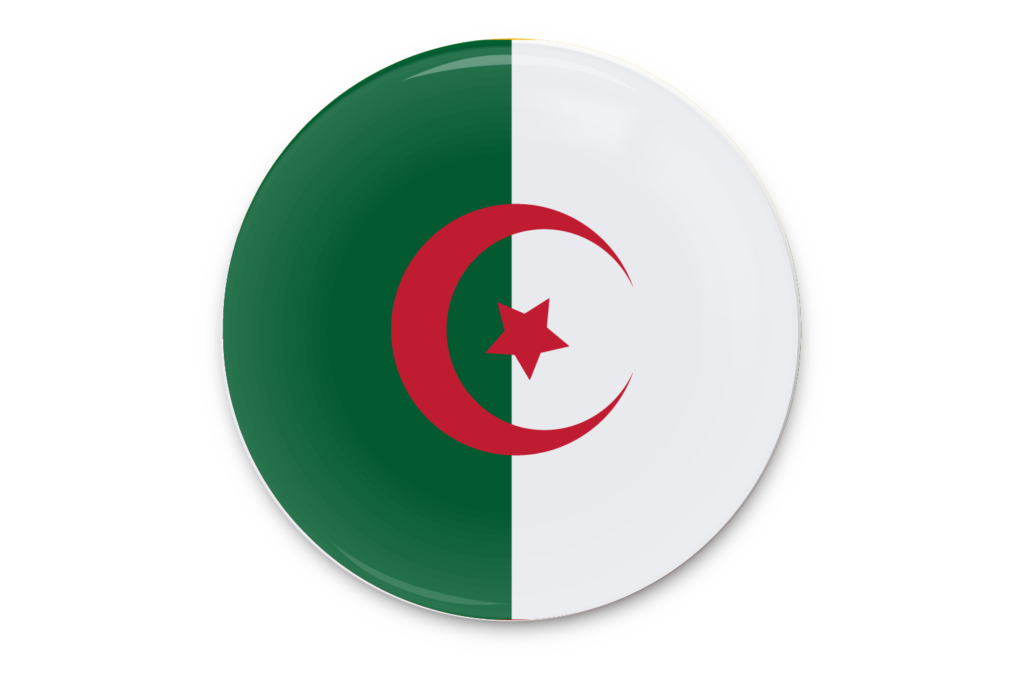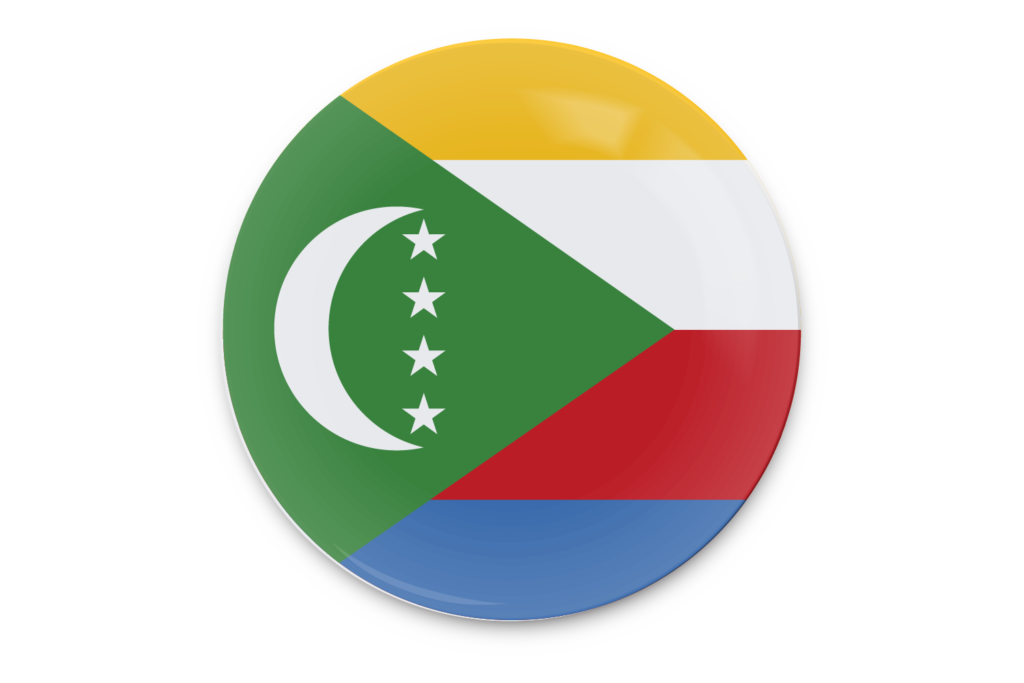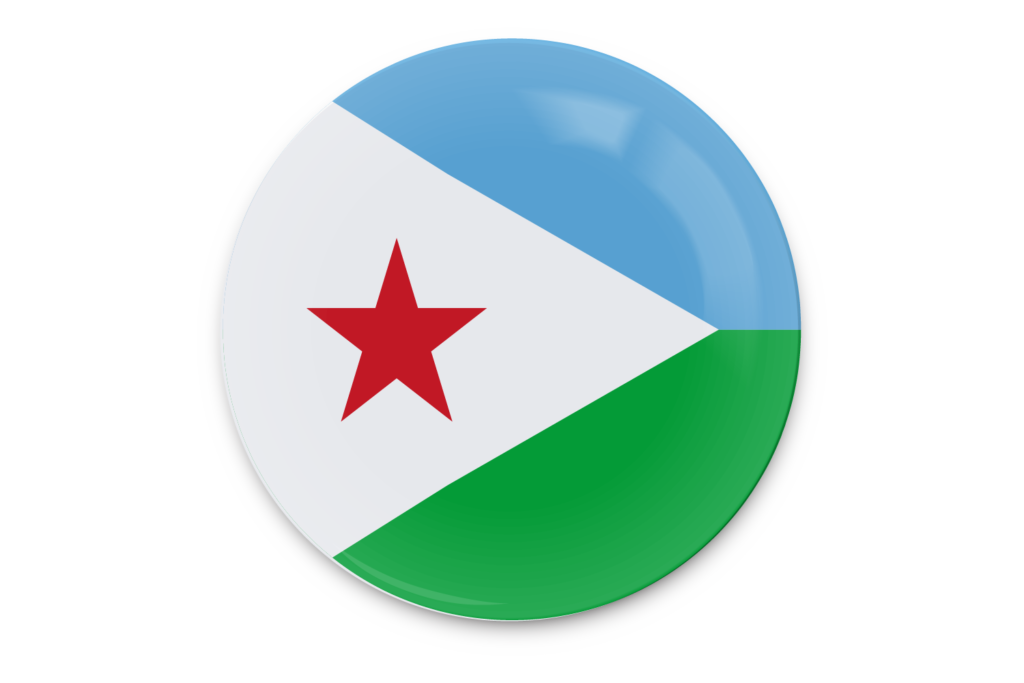Culture of Sudan
I am meeting someone for the first time and I want to ensure I respect their cultural norms?
As a standard practice, along with a strong handshake and a smile, you should start by saying ‘As-Salam Alaykum’ (most of the Sudanese use this greeting regardless of their religion). A reasonable physical distance is important, especially when talking to a superior or a woman (if you are a man). You should keep at least one meter of personal space between you and the other person, especially if the other person is different sex/gender. Contrarily to Western cultures, you do not have to keep eye contact all the time when talking to someone though a short and occasional eye-to-eye contact is preferable. If you are talking to a woman, and you are from the opposite sex, you might want to avoid a steady gaze when talking to a woman.
Don’t be offended if your host does not keep eye contact while talking to you, it’s just a sign of respect; especially if they are younger than you. Men can touch each other on the shoulder while talking.
How important is it to establish a personal relationship with a colleague or client before getting to business?
It is not important to establish personal relationships before doing business in Sudan which you might want to start with a casual conversation about the country and Sudanese traditions/culture including food, music, and arts. In some cases because Sudanese are very proud of their home and culture and you will receive an invitation to the person’s place to meet his/her immediate family for supper. You should reciprocate the invitation because it is an important step for a relationship and to develop trust.
What should you know about the workplace environment (deadlines, dress, formality, etc.)?
The dress code is generally formal conservative for both genders at all times. It is very important to look clean and fresh. The usage of perfume is considered nice and gentle. Sudanese normally prefer to be called by their first names. Using a courtesy title like Uztas for male and Uztaza for female with the first names shows respect. Always use the courtesy title Dr. or Professor for the first-time meeting. In general, punctuality and time is very flexible. The employee may come late and leave early as long as the work is done. Even if the work is not done, you may give the boss a reasonable reason and the boss should understand. People in Sudan work for a monthly salary and usually there is no overtime and it is unusual to claim for extra hours worked. Deadlines are usually set without expectation which does not necessarily mean the deadlines will be met; there is flexibility. This also applies to appointments. Please note in Sudan you do not need to make an appointment to visit someone in their office and this includes both the private and public sectors.
In the workplace, how are decisions taken and by whom? Is it acceptable to go to the immediate supervisor for answers or feedback?
In the workplace the manager takes decisions. The ideas can start from the staff, go to the immediate supervisor, and then to management for discussions. It is acceptable to go to the immediate supervisors for answers and feedback. Often, there is an open-door policy as the staff does not expect to have an appointment to see the boss and they appreciate an open-door policy.
What qualities are most highly regarded in a local superior/manager? How will you know how your staff views?
Highly regarded qualities for supervisors/team leaders are experience, education, hard work, and equal treatment. The Sudanese are fast learners and they are willing to learn from their superiors. Overall they expect to be treated with respect and they pay attention to their boss’ attitude. As the boss, the Sudanese expect the boss to be polite and calm at all times. If the staff does not like the boss’ attitude they will address the issue directly. Also, an open-minded manager motivates the staff and encourages them to perform better.
What motivates my local colleagues to perform well on the job?
Loyalty and good working conditions motivate your local colleagues to perform well on the job.
Are public displays of affection, anger, or other emotions acceptable?
Public displays of affection are acceptable and common. During festivities, such as a wedding or a birth, gift-giving demonstrates love and care for the whole family. In difficult times such as a death, a sickness or an accident, your visit is very important but you shouldn’t bring a gift.
When someone experiences a difficult period, it’s important to visit them—especially if you are in the same city. This includes colleagues and the boss as well. A phone call is not enough in difficult times. Sudanese are very social people and it is recommended to have visit exchanges and to accept all invitations.
Are there any entertainment and recreation centers?
There are many places for recreation in the capital and in other parts of the Sudan. Different places for child entertainment exist in the capital including cinemas and theaters for different types of arts. Sudan has public and private parks. There are public and touristic nature reserves, museums for archeology and history, the Nile and it’s different branches. There are places for water ski, restaurants and cafeterias serving different foods and social and cultural, foreign and Sudanese clubs.
Are there any tourist landmarks?
Tourism in Sudan evolved broadly and Sudan is full of rare tourist resources in the Nile attractive beaches and historical heritage which hit in the depths of history in the ancient civilizations the Sudan, making a steady development in tourism in Sudan. There are Sudan natural reserves such as al-Dinder, al-Radom and Gebel Marra in the West, besides ancient civilizations in the North such as Karma, Kush and Merowe, Nebta as well as the national museum and Caliph’s house and other museums scattered in different parts of Sudan. As to what attracts tourists in Sudan is the sophisticated dealing with tourists as they are guests of the country. Sudanese are generally generous and magnanimous in receiving the guests. There are also ethnic pluralities created from different types of census and tribes in Sudan.
Sudanese Family
Traditionally, the focus for Sudanese people has been the local village or nomadic community. These relatively small communities are made up of extended families based on lineage of male relatives and ancestors. The members of a lineage act in the group’s interest, safeguarding territory or forming important ties with other families by marriage. Sudanese extended families include uncles and cousins going back several generations. These family ties determine a great deal about one’s life, work and marriage opportunities. Usually a family leader is a respected elder.
For people in the north who are herders, family status still depends on the size of the herd. In settled villages, certain families hold the rights to own land. In the past, colonial governments sometimes gave powerful positions to certain families. These family groups have gradually become part of the modern political system, but traditional ideas about power and status endure.
Most Sudanese families hold strong traditional values in a rapidly changing world. From everyday meals to formal socializing, such as a wedding feast, in respect of tradition, men and women are segregated. However, men and women lead far less separate lives in the south. Some rural Sudanese have recently moved to cities, where family and ethnic groups mix at school and work. Upper-class families living in big cities like Khartoum and Omdurman tend to be closely connected to the government, business and the professions.
Sudan’s “whirling dervishes” are famed throughout the world for their spell-binding dances, in which they are accompanied by rhythmic drumming, as they gradually work themselves into a trance. Dervishes are Muslim devotees.
Lyrics are all-important in Sudanese music, with new words often made up on the spot for a special occasion such as a wedding. Traditional instruments include tom-toms, rababas (viol-like stringed instruments with a hide-covered body), and the oud (a lute).
Food
A culture of a civilization is based upon its accumulating heritage. The dietary habits of people show an aspect of this civilization’s culture. Sudanese cuisine is as diverse as its geography and cultures.
Central Sudan, is perhaps the region that is the most diversified and colorful in its cuisine and dietary habits. This is due to its being a melting pot for the different Sudanese cultures and peoples, and to its exposure to external influences, like the effect of the British domination during the Condominium period.
The external influences on people’s dietary habits in Sudan such as red pepper and other spices like garlic, pepper and others. They were brought to Sudan by the Syrian traders and Arab settlers from the Mediterranean who came to Sudan during the Turkish rule. They also introduced some dishes e.g. meatballs and pastries. Not only that, they also introduced some vegetables and fruits that were not known in Sudan.
It is of importance to note that the main staple of the Sudanese is a special type of bread called Kissra, which is made of durra or corn, Kissra is taken together with a stew and this has become the main dish in central and Sudan in general.
The main components of which these stews are made are dried meat, dried onions, spices and peanut butter. Other substances could be added like milk and yoghurt. These are used in preparing two well- known stews; Ni’aimiya and dried ocra is used in preparing other stews like Waika, Bussaara and Sabaroag. Miris is a stew that is made from sheep’s fat, onions and dried okra. Other vegetables like potatoes, eggplants and others are used in preparing their stews meat, onions and spices.
These stews are accompanied with porridge (Asseeda), which is made with wheat flour or corn. Other times Kissra is used. As for the popular appetizers in Sudan, there is (Elmaraara) and (Umfitit) that are made of parts of sheep like the lungs, liver and stomach. To these are added onions, peanut butter and salt, it is eaten raw.
Also other types of porridges are popular in Sudan which are made of wheat, Dhukhun and dates. They are taken together with milk, sugar and margarine. Soups are an important component of the Sudanese food, the most popular are Kawari’, which is made of cattle’s or sheep’s hoofs in addition to vegetables and spices. Also there is Elmussalammiya, which is made with liver, flour, dates and spices.
Historical evidence has proven that ancient Nubians were the first to discover wheat and from them, the world got to know about it, and in Northern Sudan is known that wheat flour has still remained the staple food for the people of the north who use it in making their main dish (Gourrassa). It is made of wheat and baked in a circular shape, its thickness and size change according the needs.
In the east, the most popular dish is the (Moukhbaza), which is made of banana paste.
In the west, each tribal group had adopted different forms of food that is mainly of milk and dairy products since most of them are cattle breeders. A distinct cereall by which the west is well- known is (Dukhun). It is used in preparing a thick porridge called (Aseeda Dukhun), to that is added a stew called (Sharmout Abiyad) which is cooked with dry meat. Another form of stew is (Kawal), which is made from a mixture of some plants’ roots that are left to leaven and dried afterwards.
As for the south, the abundance of rivers, lakes and swamps had made the people in these regions dependent on fish for their food. A popular dish is a stew named (Kajaik), which is cooked of dried fish. It is added to the porridge, which is common throughout Sudan, (Aseeda) made of sorghum. Sometimes natural margarine is added to the mixture.
In Equatoria, (Aseeda) is made of (Bafra) ehich is a plant of the same family of potatoes. To the (Aseeda) is added a green vegetable called (Mouloukhiya) with peanut butter Fassikh is one of the most popular dishes in Central Sudan. It is made from a certain kind of fish which is leavened for sometime and after that cooked with onions, spices and tomato sauce. Fassikh is known in Egypt but they do not cook it there, instead they eat it raw. It is most probably of Nubian origin same as Eltarkeen, which could not be found any where except northern Sudan.
As for beverages, the Sudanese has several distinct beverages that are made of some fruits that grow in Sudan like; Tabaldi, Aradaib, Karkadai and Guddaim.
Peanuts, known as Ful-Sudani, are a popular snack, and can be made into delicious macaroons.
Food etiquette?
Sudanese people are very hospitable. Meals are eaten around a large, communal tray on which various meat, vegetable, salad, and sauce dishes are placed. These are eaten with the right hand, using flat bread or a stiff millet porridge known as asida or kisra.
The strong Sudanese coffee is served from a special tin ‘jug’ with a long spout, known as a jebena. The coffee is sweet and often spiced with ginger or cinnamon, and is drunk from tiny cups or glasses. Fruit teas and herbal teas such as kakaday (hibiscus tea) are also popular.
During Ramadan
In Ramadan (The Muslims’ fasting month), one of their favorite drinks is the Hilumur which is made from corn flour and spices. Also, there are Aabrai Abiyad and Nashaa, which are made of corn flour also.
Reference:https://sudanembassy.org/understanding-sudan-culture/














